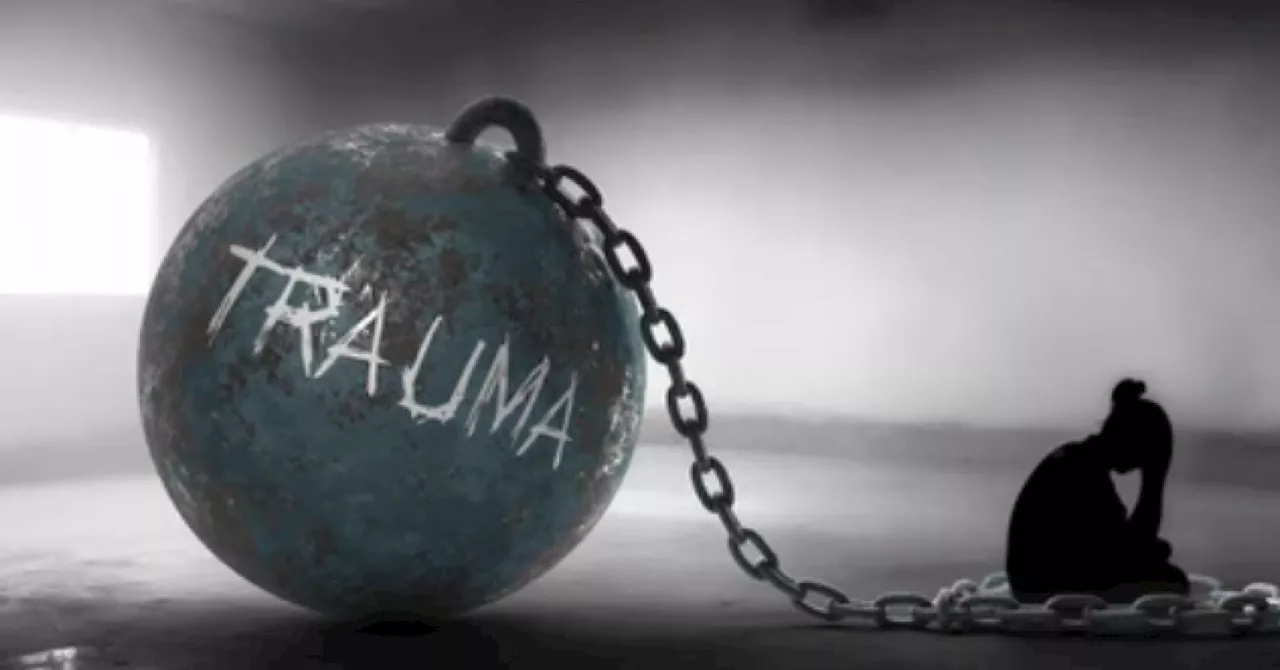This article explores the harmful societal concept of 'unvictiming,' where survivors of abuse are judged and categorized based on how well they fit a narrow definition of victimhood. It examines how these unspoken rules can lead to self-doubt, shame, and further victimization, particularly for those who don't conform to the 'deserving' victim archetype. The text calls for a shift in how we support survivors, advocating for systems that acknowledge the complexity of trauma and provide care without demanding 'perfect victimhood.'
The concept of 'unvictiming' explains how survivors are sorted into 'deserving' and 'undeserving' victims.It's 3 a.m., and you're staring at your phone in the dark, scrolling through your past. Your thumb hovers over holiday photos where you both looked so happy, old texts full of inside jokes and heart emojis, and posts about your 'perfect' life together.
Your chest tightens as you stare at these digital fragments of joy, trying to reconcile them with the memories of abuse that live in your body. How can both be real? The screen shows one story, but that knot in your stomach tells another.'Why did I stay so long if it was really that bad?'These aren't just random doubts haunting you in the dark. They're the echo of a culture that has very specific ideas about who deserves sympathy and who doesn't. Each question that tears at you at 3 a.m. was embedded by a society that sorts survivors into 'deserving' and 'undeserving' victims. And these thoughts don’t just haunt you—they sink their claws in, stirring agitation, self-blame, the urge to escape by any means. They can drive you to the edge, where even the thought of ending it all seems like the only way out. Or worse, they pull you back toward the person who hurt you—because sometimes, even pain feels safer than this unbearable doubt. Abusers are experts at exploiting this system. They know exactly how to weaponize these unspoken rules about who gets to be a 'real victim':'No one will believe you—look how you're acting right now.'. They're calculated steps in a larger trap. They'll provoke you until you snap, then point to your 'crazy' behavior. Force you to fight back, then claim it was mutual. Create situations where you have to lie or steal just to survive. Push you toward ways of coping that they can later use to discredit you. It starts in those quiet 3 a.m. moments when we take society's impossible standards and turn them into weapons against ourselves: 2. In Our Culture (Cultural Unvictiming) Then it spreads through everyday conversations, through raised eyebrows and subtle judgments that teach us to doubt ourselves more: And then comes the cruelest cut—when those 3 a.m. doubts solidify into concrete barriers in the very systems meant to help. This is where being labeled 'deserving' or 'undeserving' stops being just about feelings and starts determining who gets help and who gets hurt. The 'deserving' survivors—the ones who fit society's impossible template—find doors opening. Their restraining orders are granted. They get priority for emergency housing. Police believe their stories. They win custody cases.. We're called 'mutual combatants' instead of victims. Sometimes we're the ones getting arrested. Our children are taken away 'for their protection.' We're diagnosed with This institutional unvictiming hits hardest at those who already face systemic barriers. If you're not white, not middle class, not able-bodied, not cisgender, not heterosexual—if you don't match society's image of the 'perfect victim' in any way—these systems are even more likely to mark you as 'undeserving.' in 2022, it seemed like long-overdue validation. But with recognition comes exclusion. The trauma responses left out are, unsurprisingly, the ones that defy the mold of the 'meek, compliant victim.' As I argued in the, this diagnosis risks becoming yet another way to decide whose pain is real enough for care—and whose isn’t. Even progress can deepen the divide between those deemed worthy of help and those left behind. Those 3 a.m. doubts aren't just personal demons—they're the product of a system designed to sort and classify trauma survivors. When we understand our 'undeserving' status as a Create alternative support systems that don't require 'perfect victimhood' The next time you find yourself scrolling at 3 a.m., trying to reconcile the photos with what your body knows, remember this: Those ambivalent feelings, those messy reactions, those “disqualifying” behaviors? They aren’t proof of your unworthiness. They’re proof that you survived what was never meant to be survivable. Your story doesn’t need to follow a script to be real. Your pain doesn’t need a permission slip to matter. And your worth was never measured by how well you performed victimhood
Trauma Abuse Unvictiming Victimhood Trauma Abuse Survivor Support Societal Standards Systemic Barriers Cultural Norms Mental Health
United States Latest News, United States Headlines
Similar News:You can also read news stories similar to this one that we have collected from other news sources.
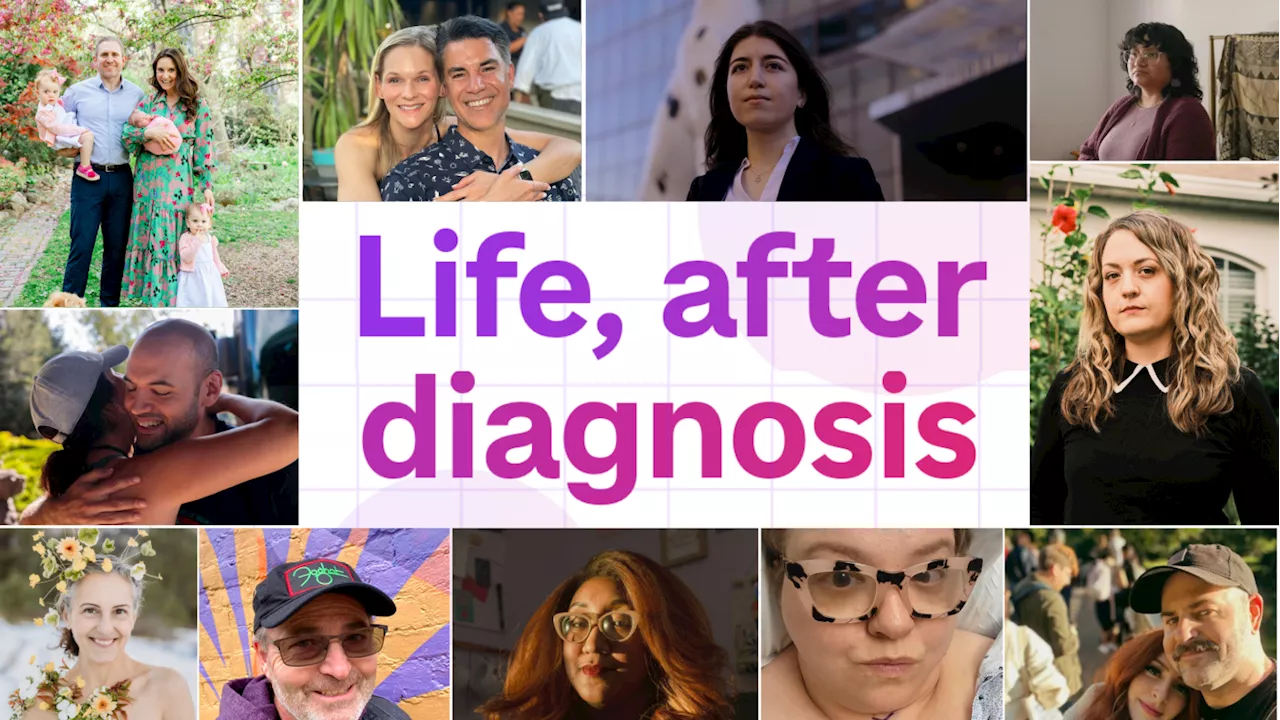 Cancer Survivors Face a New Battle: Life After TreatmentMedical advances are leading to more cancer survivors, but those who beat the disease often face lasting challenges. This article explores the unique struggles survivors face, including social isolation, emotional scars, and navigating relationships with their changed bodies.
Cancer Survivors Face a New Battle: Life After TreatmentMedical advances are leading to more cancer survivors, but those who beat the disease often face lasting challenges. This article explores the unique struggles survivors face, including social isolation, emotional scars, and navigating relationships with their changed bodies.
Read more »
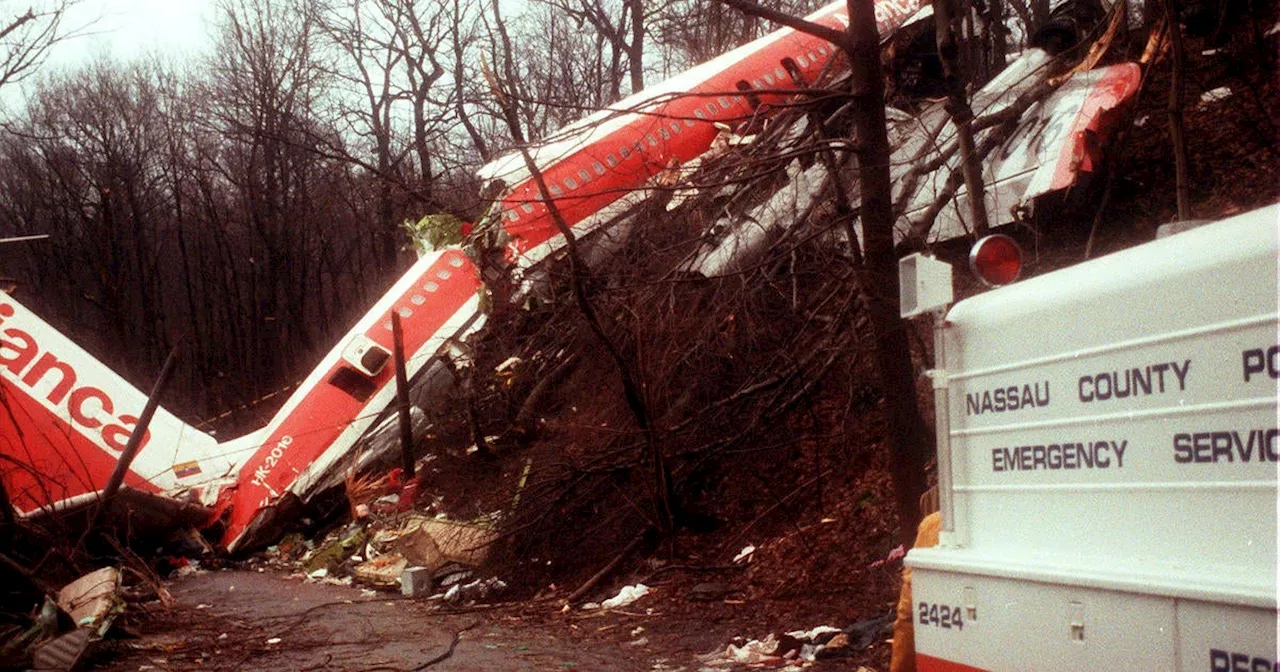 Survivors of Avianca Flight 052 crash on Long Island speak out 35 years laterSaturday marks 35 years since Avianca Flight 052 crashed on Long Island after it ran out of fuel while circling to land at JFK Airport.
Survivors of Avianca Flight 052 crash on Long Island speak out 35 years laterSaturday marks 35 years since Avianca Flight 052 crashed on Long Island after it ran out of fuel while circling to land at JFK Airport.
Read more »
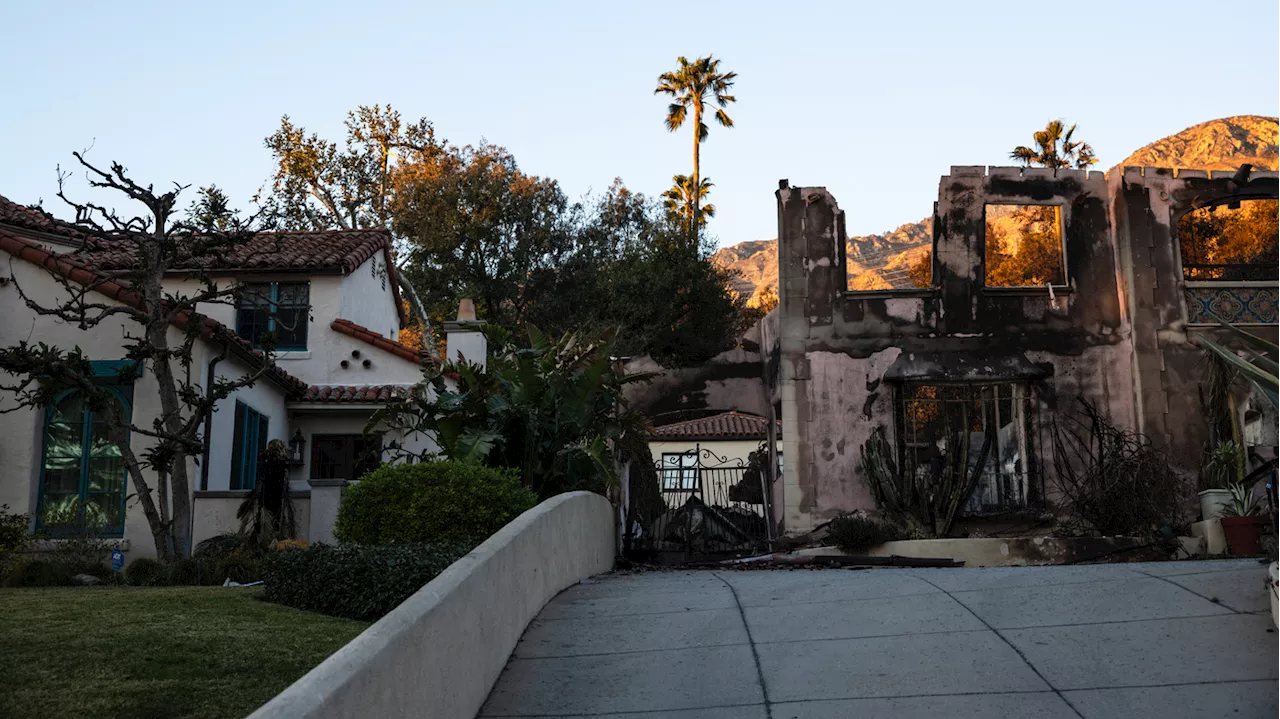 After the Flames: The Long Road to Recovery for SurvivorsAs wildfire evacuation orders are lifted in Los Angeles, residents face a new challenge: rebuilding their lives amidst the lingering effects of the disaster. While some are fortunate enough to have their homes standing, they grapple with contaminated water, ash-covered landscapes, and the invisible threat of hazardous toxins like lead and asbestos.
After the Flames: The Long Road to Recovery for SurvivorsAs wildfire evacuation orders are lifted in Los Angeles, residents face a new challenge: rebuilding their lives amidst the lingering effects of the disaster. While some are fortunate enough to have their homes standing, they grapple with contaminated water, ash-covered landscapes, and the invisible threat of hazardous toxins like lead and asbestos.
Read more »
 Evan Rachel Wood ‘Endlessly Proud’ of Survivors After Marilyn Manson Avoids ChargesEvan Rachel Wood said she was 'endlessly proud' of survivors after prosecutors declined to bring abuse charges against Marilyn Manson.
Evan Rachel Wood ‘Endlessly Proud’ of Survivors After Marilyn Manson Avoids ChargesEvan Rachel Wood said she was 'endlessly proud' of survivors after prosecutors declined to bring abuse charges against Marilyn Manson.
Read more »
 80th Anniversary of Auschwitz Liberation: Survivors' Voices Echo Amidst Global TensionsThe world commemorates the 80th anniversary of the liberation of Auschwitz, focusing on the dwindling voices of survivors and the enduring relevance of their warnings against the horrors of intolerance and genocide.
80th Anniversary of Auschwitz Liberation: Survivors' Voices Echo Amidst Global TensionsThe world commemorates the 80th anniversary of the liberation of Auschwitz, focusing on the dwindling voices of survivors and the enduring relevance of their warnings against the horrors of intolerance and genocide.
Read more »
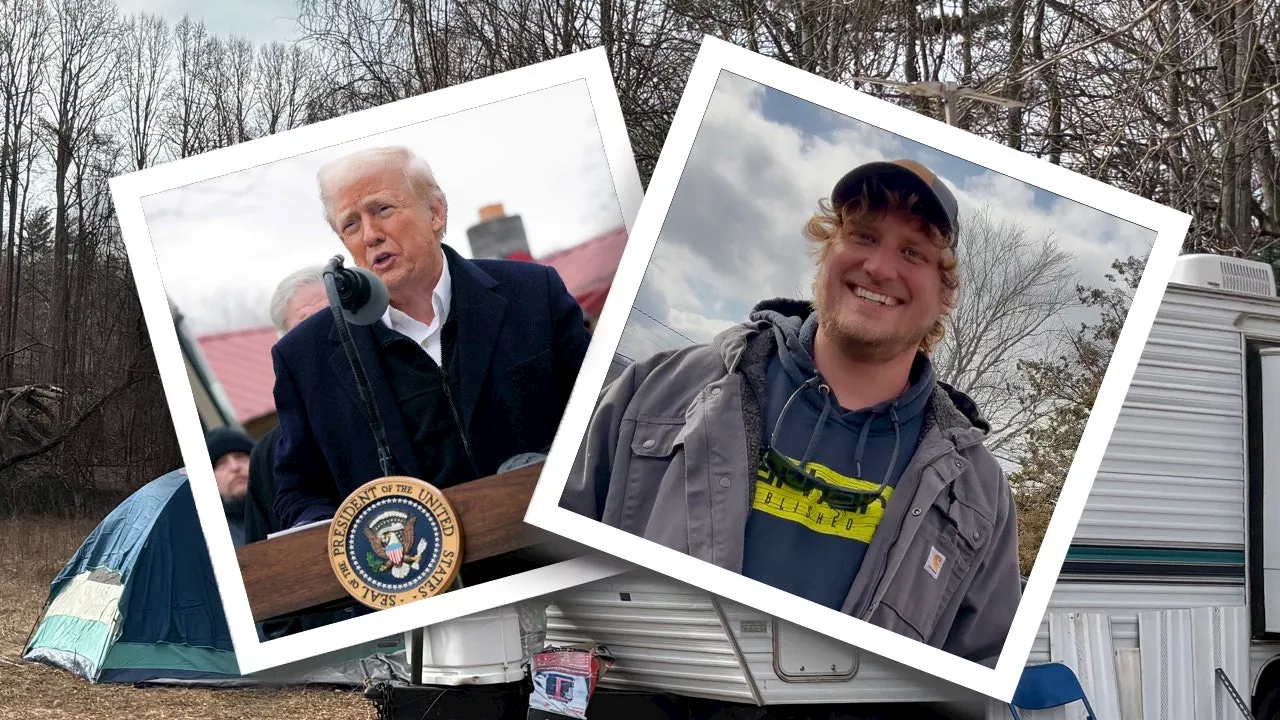 Hurricane survivors who met Trump in North Carolina share president's words that stuck with themNorth Carolina locals who survived Hurricane Helene in September but suffered massive losses from the storm share their thoughts on President Donald Trump's visit.
Hurricane survivors who met Trump in North Carolina share president's words that stuck with themNorth Carolina locals who survived Hurricane Helene in September but suffered massive losses from the storm share their thoughts on President Donald Trump's visit.
Read more »
